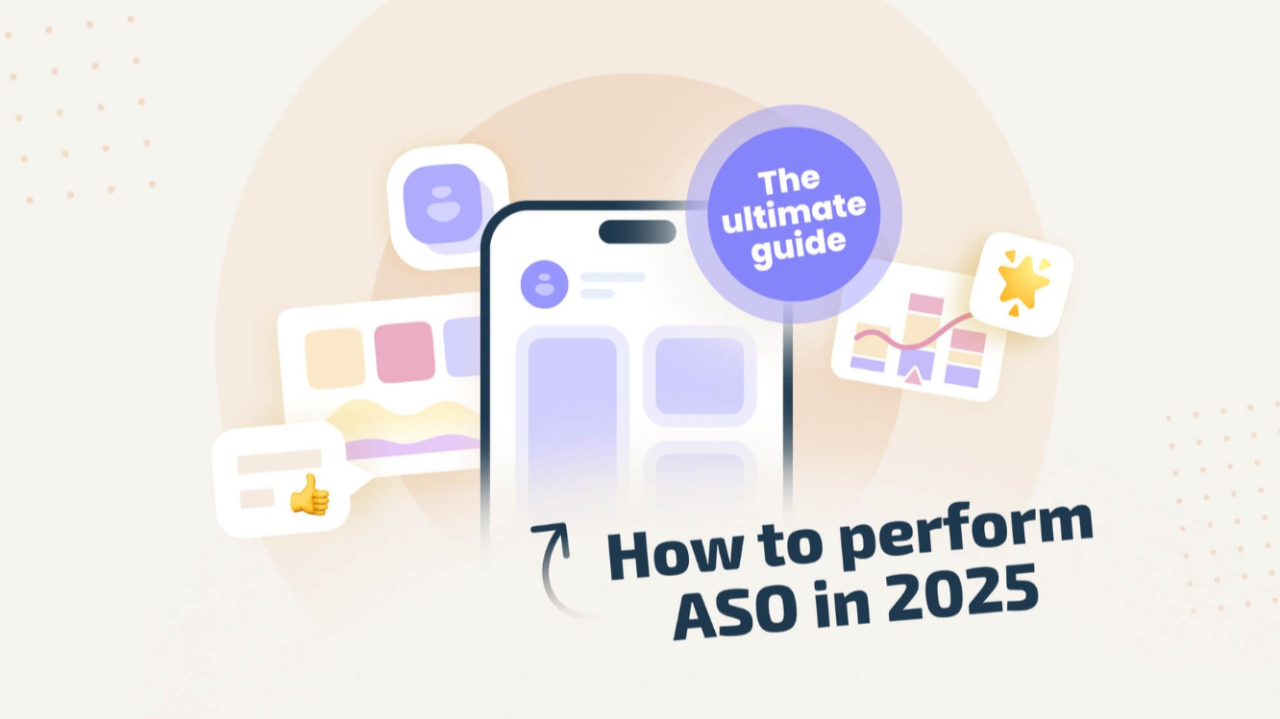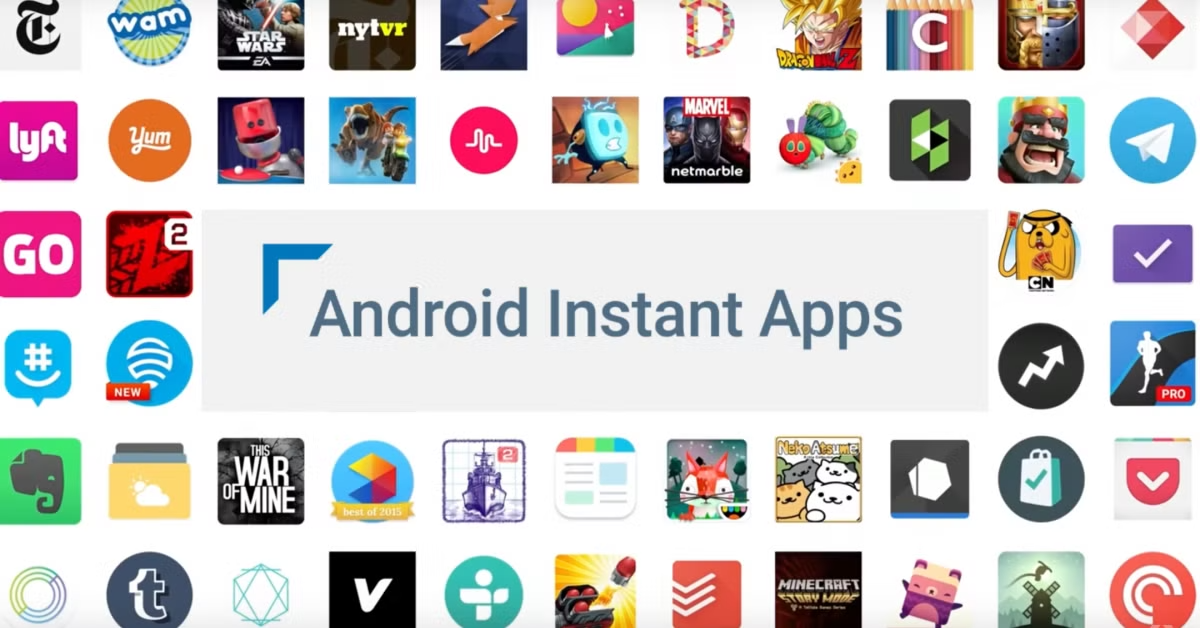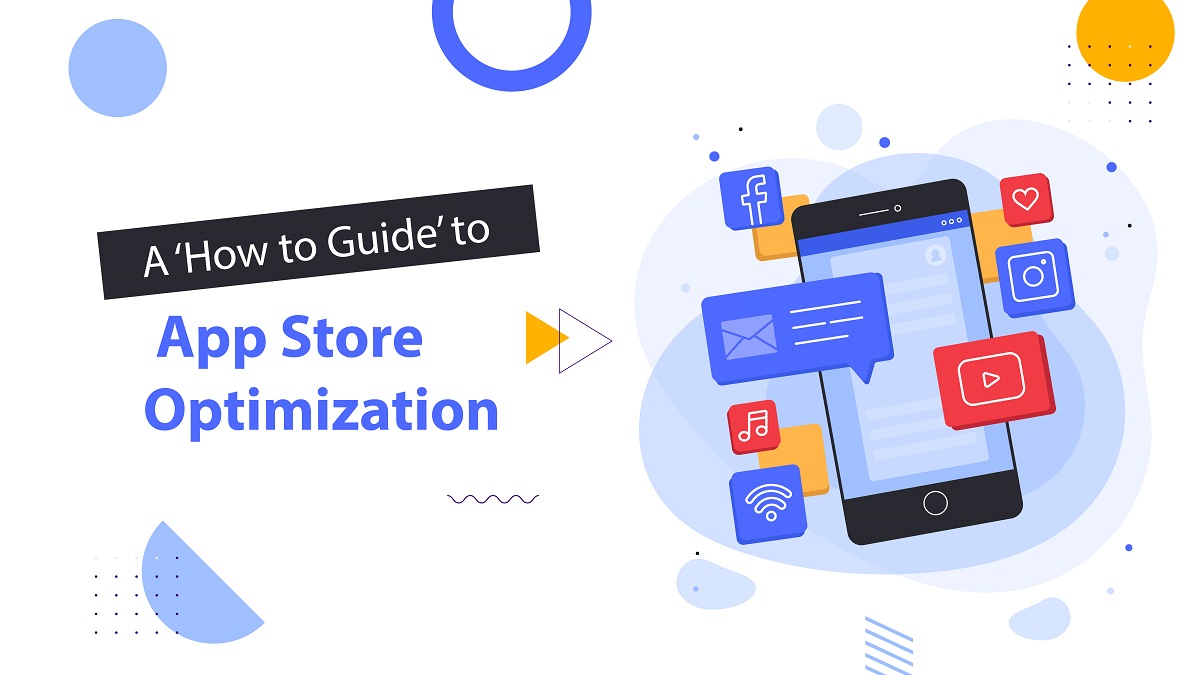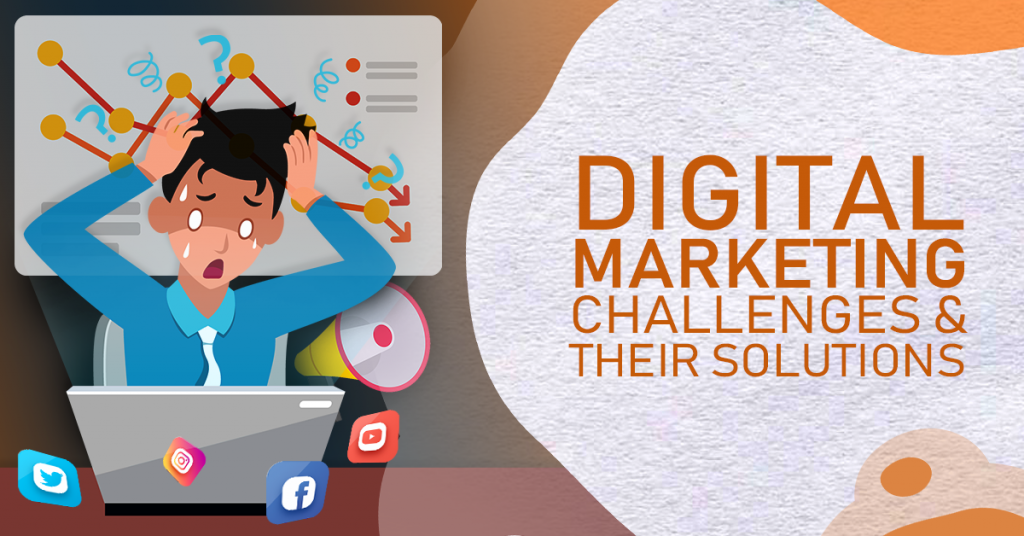Businesses need Android App Marketing & ASO services to succeed on Google Play for three core reasons: the app market is extremely competitive with over 3.5 million applications, Google Play's algorithm complexity demands deep specialized expertise, and the opportunity cost of poor optimization can reach millions of dollars in lost revenue. Specifically, in an environment where thousands of new apps launch daily, relying solely on high-quality products without professional marketing strategies is a recipe for failure, as organic visibility reaches only 0.05% for non-optimized applications. More importantly, professional services not only deliver 150-400% ROI but also help businesses avoid costly mistakes and maximize growth potential within the Google Play ecosystem.
To understand this importance, you need to grasp what Android App Marketing and ASO services are and their pivotal role in achieving Google Play success, while simultaneously evaluating whether businesses truly need professional services or can effectively self-execute in today's fiercely competitive landscape. Additionally, understanding the specific benefits that professional services provide and identifying components that create the biggest business impact will help businesses optimize their investment and achieve growth objectives. Furthermore, recognizing serious challenges when lacking professional support and mastering service provider evaluation frameworks are decisive factors for ensuring success in long-term app marketing strategies on Google Play.
Android App Marketing and ASO services are comprehensive professional service systems that optimize visibility, user acquisition, and revenue growth for Android applications through app store optimization, integrated marketing campaigns, and advanced data analytics to achieve sustainable success within the Google Play ecosystem.
Specifically, these services encompass a multi-layered strategic framework from deep keyword research, metadata and creative asset optimization, user review management, to Google App Campaigns implementation and detailed performance metrics analysis. Particularly, the increasing complexity of Google Play's algorithm with over 200 ranking factors and fierce competition with 6,000+ daily new app submissions makes applying professional optimization strategies a survival factor for business success.

The Google Play ecosystem operates on sophisticated machine learning algorithms that consider multiple signals including user engagement metrics, technical performance (Android Vitals), review quality, retention rates, and competitive dynamics. More importantly, deeply understanding algorithm mechanics and the ability to continuously adapt to updates requires specialized expertise and hands-on experience that only professional ASO and app marketing teams can effectively provide.
Android App Marketing services differ fundamentally from general digital marketing in three aspects: mobile-first approach focused on app store algorithms, specialized measurement frameworks tracking app-specific metrics like install rates and retention curves, and platform-specific optimization requirements for Google Play ecosystem integration.
To illustrate, Android App Marketing demands deep understanding of mobile user behavior patterns, app discovery mechanisms, touch-based interactions, and mobile attribution models that are completely different from desktop-focused marketing strategies. Particularly, optimizing for app store search algorithms, creative requirements for mobile screens, and in-app user journey management requires distinct expertise that cannot be directly transferred from traditional digital marketing approaches.
Key differentiation factors include:
Google Play ASO is unique in its deep integration with the Google ecosystem, algorithm emphasis on user satisfaction signals, support for advanced technical features like App Bundles, and comprehensive localization capabilities that create unique optimization opportunities not available on competing platforms.
Specifically, Google Play's algorithm particularly prioritizes user engagement metrics like session duration, retention rates, uninstall patterns, and review sentiment analysis over pure keyword matching approaches. Furthermore, integration with Google services like Google Search, YouTube, Google Ads, and Firebase Analytics creates synergistic optimization opportunities across multiple touchpoints in the user acquisition funnel.
Distinctive Google Play characteristics:
Yes, businesses truly need professional Android App Marketing and ASO services to succeed because of market saturation with success rates below 1% for DIY approaches, algorithm complexity requiring specialized expertise, and opportunity costs of poor performance that can reach millions in potential revenue loss.
Next, analyzing market realities shows that self-execution approaches are not only ineffective but also counterproductive in highly competitive environments. Particularly, businesses attempting DIY strategies often encounter fundamental challenges in technical implementation, strategic planning, and performance optimization that can only be overcome through proven methodologies and professional expertise with successful track records.
Compelling evidence supporting professional services necessity:
Apps with professional support achieve 300-500% higher organic visibility, 150-200% better conversion rates, and 200-400% improved user acquisition efficiency compared to DIY attempts. More importantly, time-to-market advantages and sustained competitive positioning benefits of professional services typically justify investment costs and deliver substantial long-term ROI for business growth trajectory.
The Google Play Store in 2025 is extremely competitive with 3.5+ million apps, daily submission rates of 6,000+ new applications, top 1% of apps capturing 80% of total download volume, and average organic visibility rates for new apps at only 0.05% without professional optimization strategies.
Specifically, competitive intensity has reached unprecedented levels with market saturation creating massive discovery challenges. To illustrate, the average time to achieve top 100 ranking in popular categories has increased from 3-6 months in 2020 to 12-18 months in 2025, requiring significantly more sophisticated strategies and sustained investment to successfully penetrate competitive barriers.

Critical competition metrics:
Businesses attempting DIY app marketing and ASO typically experience 70-85% lower performance outcomes, waste 40-60% of marketing budgets on ineffective strategies, require 3-5x longer timeframes to achieve comparable results, and miss critical optimization opportunities costing potential millions in lost revenue.
Meanwhile, common DIY pitfalls include improper keyword research methodology, suboptimal creative optimization, inadequate performance measurement systems, ineffective paid acquisition strategies, and failure to adapt to frequent algorithm changes. Specifically, businesses lacking professional guidance typically focus on vanity metrics rather than business-relevant KPIs, leading to resource misallocation and strategic decision-making based on incomplete data analysis.
Typical DIY failure patterns:
According to Mobile Marketing Association research from 2024, businesses using DIY approaches achieve average 12-month ROI of -15% to +25%, while professional service clients consistently achieve 150-400% ROI in the same evaluation period.
There are 5 core benefits: dramatic visibility improvements (300-500% increases), enhanced conversion optimization (150-200% better rates), significant cost efficiency gains (30-50% CPI reduction), accelerated market penetration (60-80% faster time-to-market), and sustained competitive advantages through continuous optimization expertise according to comprehensive impact analysis.
Below, we analyze each benefit category in detail to quantify value proposition and establish realistic ROI expectations for professional service investments. Particularly, understanding specific performance improvements helps businesses make data-driven decisions and set appropriate success benchmarks for service engagements.

Professional ASO delivers 300-500% visibility improvements and 150-300% download rate increases through systematic keyword optimization, enhanced creative assets, improved conversion funnels, and continuous algorithm adaptation based on extensive industry data and proven case studies.
Specifically, visibility gains are achieved through comprehensive optimization approaches including strategic keyword research, competitive gap analysis, metadata enhancement, visual asset optimization, and performance monitoring systems. To illustrate, typical professional engagement results in keyword ranking improvements from outside top 200 to positions 30-50 within 3-6 months, with corresponding organic traffic increases of 400-800% depending on category competitiveness.
Measurable improvement categories:
Businesses typically achieve 150-400% ROI from professional app marketing investments within 12-18 month timeframes, with average payback periods of 6-9 months and sustained growth benefits extending 2-3 years based on comprehensive client performance analysis and industry benchmarking studies.
Specifically, ROI calculations encompass direct revenue increases, operational cost savings, competitive positioning advantages, and long-term brand value enhancement. To illustrate, typical investments of $10,000-50,000 in professional services generate $25,000-200,000 in incremental revenue during the first year, with compounding benefits in subsequent periods through improved market positioning.
ROI component breakdown:
According to App Annie (data.ai) reports from 2024, businesses investing in comprehensive app marketing services achieve average revenue growth of 250% compared to 45% for DIY approaches in equivalent 18-month measurement periods.
There are 4 high-impact components: keyword optimization and metadata enhancement (35% business impact contribution), creative assets and conversion optimization (30% impact), integrated user acquisition campaigns (25% impact), and advanced analytics with continuous optimization (10% impact) according to comprehensive performance attribution analysis.

Below, we examine each component to understand implementation priorities and resource allocation strategies for maximum effectiveness. Particularly, focusing on highest-impact areas enables faster results with limited resources while building foundation for comprehensive optimization approaches.
Businesses should prioritize app title optimization, keyword-rich descriptions, high-converting screenshots, compelling app icons, and review management strategies for immediate impact because these elements directly influence search visibility and conversion rates within 2-4 week implementation windows.
Specifically, the quick-wins approach focuses on elements with highest visibility impact and shortest implementation cycles. To begin, comprehensive keyword integration into metadata can improve search rankings within 1-2 weeks, while optimized creative assets deliver immediate conversion improvements upon implementation across all traffic sources.
Priority optimization sequence:
Marketing services integrate with ASO creating compounding growth effects through data synergy, audience insights alignment, creative asset optimization, and attribution enhancement to amplify organic performance with paid campaign effectiveness in unified growth strategies.
Specifically, integration leverages ASO insights to inform targeting strategies, while campaign performance data enhances keyword optimization and user behavior understanding. Furthermore, creative assets tested in paid campaigns optimize store conversion elements, creating cost efficiencies and consistent messaging across all user touchpoints in the acquisition funnel.
Synergistic integration mechanisms:
Businesses encounter 6 critical challenges: algorithm complexity management (25% business impact), sustained competitive disadvantage (20% impact), resource allocation inefficiencies (20% impact), technical implementation barriers (15% impact), performance measurement difficulties (10% impact), and missed growth opportunity costs (10% impact) according to severity assessment frameworks.
Next, understanding these challenge categories helps recognize potential risks and make informed investment decisions about professional service partnerships. Particularly, each challenge represents significant opportunity costs and competitive disadvantages that can compound exponentially without proper strategic resolution.

Google Play's algorithm complexity stems from 200+ ranking factors, machine learning optimization systems, real-time user behavior analysis, competitive dynamics assessment, and continuous updates requiring dedicated expertise and specialized resources to understand and optimize effectively at professional levels.
Specifically, algorithm sophistication reflects Google's advanced approach to app discovery optimization, user satisfaction maximization, and revenue optimization across diverse user segments and global market conditions. To illustrate, the algorithm considers engagement patterns, retention metrics, uninstall behaviors, review sentiment analysis, technical performance indicators, competitive positioning data, and hundreds of additional signals in dynamic weighting systems that constantly evolve.
Complexity factors demanding expertise:
Hidden costs of poor performance include substantial revenue opportunity losses ($50,000-500,000 annually for mid-market apps), increased user acquisition premiums (50-100% higher CPIs), brand reputation damage, competitive market share erosion, investor confidence impacts, and operational productivity reductions according to comprehensive cost analysis methodologies.
Specifically, poor performance creates cascading negative effects across multiple business dimensions beyond immediate app metrics. To illustrate, low store rankings reduce organic discovery capabilities, forcing heavy reliance on expensive paid acquisition while competitors capture market share with better-optimized applications and superior user experiences.
Hidden cost impact categories:
According to analysis by leading app marketing consultancies, businesses with consistently poor store performance typically forfeit 3-7x their potential revenue in the first two operational years, with recovery periods extending 12-18 months even after implementing comprehensive optimization strategies.
Businesses should evaluate providers using structured assessment frameworks focusing on proven track records with verifiable results, comprehensive service capabilities, transparent reporting methodologies, relevant industry expertise, and cultural alignment, utilizing weighted scoring criteria to ensure optimal partnership selection decisions.
Below, we outline comprehensive evaluation processes and key assessment criteria to facilitate informed vendor selection decisions. Particularly, proper due diligence prevents costly partnership mistakes and ensures alignment with business objectives and realistic performance expectations.
Essential features encompass comprehensive ASO optimization, integrated campaign management, advanced performance analytics, competitive intelligence capabilities, and dedicated account management support, while nice-to-have enhancements include automation tools, custom reporting dashboards, international expansion expertise, and industry-specific specializations according to priority frameworks and budget optimization strategies.
Specifically, essential capabilities directly impact core business objectives like visibility enhancement, download generation, and revenue optimization, while supplementary features enhance operational efficiency or provide additional strategic value without being critical for fundamental success achievement. To illustrate, businesses with constrained budgets should prioritize essential services first, gradually adding enhanced capabilities as resources allow and business scales.
Essential service requirements:
Value-added enhancements:
Businesses verify credibility through systematic case study analysis with verifiable performance metrics, comprehensive client reference validation, industry certification verification, portfolio assessment with comparable applications, and structured trial engagement evaluation to ensure provider capabilities align with stated expertise and performance claims.

Specifically, credibility assessment requires multi-source evidence examination to build comprehensive understanding of provider capabilities, reliability standards, and historical performance consistency. Furthermore, thorough due diligence should include financial stability assessment, team expertise evaluation, and cultural compatibility analysis to ensure sustainable long-term partnership success potential.
Verification methodology framework:
Advanced considerations encompass AI-powered optimization automation, cross-platform attribution modeling, emerging market expansion strategies, while implementation challenges involve vendor dependency risks, measurement complexity in privacy-first environments, team integration difficulties, along with future trends like machine learning automation, voice search optimization, and Privacy Sandbox adaptation according to comprehensive strategic planning frameworks.
Additionally, understanding advanced strategic considerations helps businesses prepare for long-term competitive advantages and avoid common implementation pitfalls. Particularly, the rapidly evolving mobile marketing landscape demands forward-thinking approaches beyond basic service requirements to capitalize on emerging opportunities and maintain market leadership positions.
Viable alternatives include specialized freelancer networks (30-50% cost savings potential), hybrid internal-external team models (enhanced control benefits), software-only platform solutions (budget-friendly automation), and comprehensive training programs for internal capability development (long-term strategic value) according to cost-benefit analysis and organizational requirements assessment.
Specifically, each alternative offers distinct trade-offs requiring careful evaluation based on budget constraints, control preferences, timeline requirements, and existing internal capabilities. To illustrate, freelancer networks provide cost advantages but require increased management coordination, while software platforms offer affordability but lack strategic guidance and hands-on optimization expertise.
Emerging technologies like AI automation, machine learning optimization, and voice search integration fundamentally reshape marketing approaches, while privacy evolution including Privacy Sandbox implementation, consent management requirements, and attribution limitations necessitate alternative measurement strategies and user engagement methodologies within privacy-compliant frameworks.
Specifically, technological advancement creates both strategic opportunities and operational challenges requiring adaptive investment in new capabilities and compliance frameworks. Furthermore, privacy regulation evolution continues accelerating, demanding proactive strategy development to maintain marketing effectiveness in increasingly privacy-focused user environments.
Common pitfalls include unrealistic expectation setting (40% frequency), inadequate communication protocol establishment (30% occurrence), insufficient performance measurement framework implementation (25% cases), excessive vendor dependency development (20% instances), and cultural misalignment issues (15% partnerships) according to comprehensive industry surveys and client experience analysis.
Meanwhile, these pitfalls typically result from inadequate planning, unclear goal articulation, insufficient partnership management protocols, and misaligned success criteria. Specifically, businesses establishing comprehensive expectations, structured communication schedules, and measurable performance benchmarks consistently achieve superior partnership outcomes and avoid relationship deterioration issues.
Google Play evolution toward sophisticated AI algorithms, privacy-compliant measurement systems, enhanced user experience standards, and global market expansion capabilities affects service requirements by demanding continuous adaptation expertise, advanced technical proficiency, international market knowledge, and privacy-first optimization strategies for sustained competitive advantage maintenance.
Specifically, platform evolution trajectory requires service providers to continuously upgrade capabilities, invest in emerging technologies, and adapt methodologies to changing regulatory requirements. Particularly, businesses partnering with providers demonstrating strong innovation focus and adaptation capabilities achieve superior long-term results and maintain competitive positioning as platform capabilities expand.
Businesses should implement comprehensive measurement frameworks tracking primary performance indicators including organic ranking improvements, conversion rate optimization, user acquisition cost efficiency, lifetime value increases, and revenue attribution accuracy, combined with secondary strategic metrics like competitive positioning, market share growth, and brand awareness enhancement to evaluate complete service effectiveness.
Specifically, effective measurement demands balanced scorecard approaches combining leading indicators (rankings, traffic metrics) with lagging indicators (revenue, profitability) to provide holistic performance assessment capabilities. Furthermore, regular performance reviews with clear benchmark comparisons enable continuous optimization and strategic adjustment implementation for maximum result achievement.
In summary, businesses absolutely need professional Android App Marketing & ASO services to navigate successfully in the increasingly competitive Google Play environment, achieve sustainable growth objectives, and maximize return on their mobile application investments through expert guidance, proven optimization strategies, and continuous performance enhancement capabilities.
Android services
Android App reviews Android app installs Android keyword installs Optimize Android app Guaranteed top keyword Android appRelated POSTS
Leave a Reply
Your e-mail address will not be published. Required fields are marked *